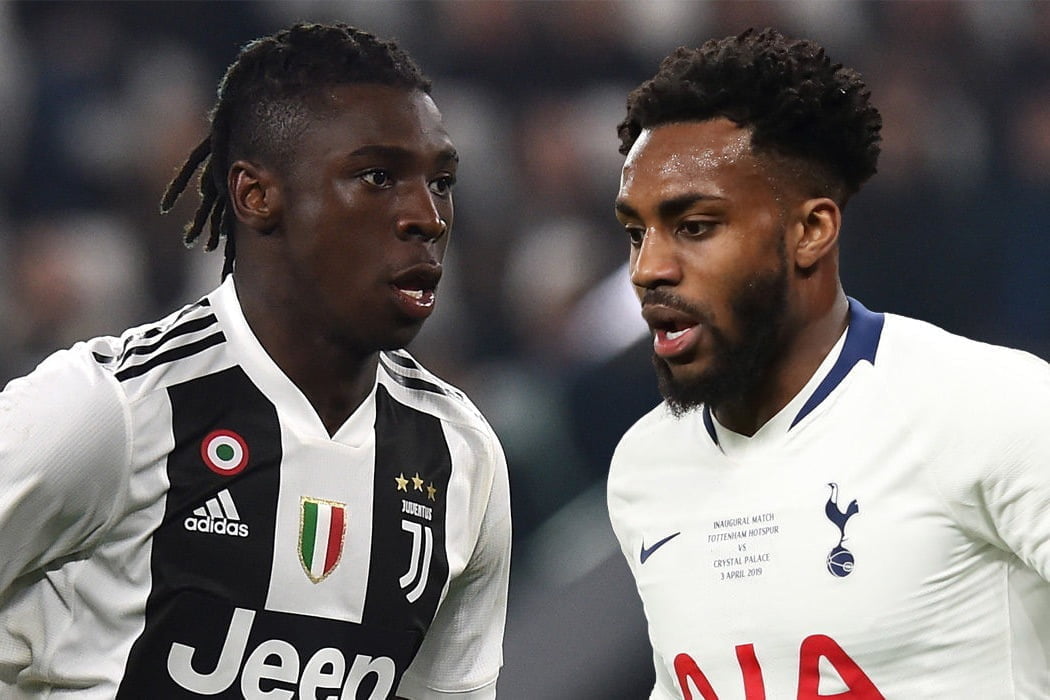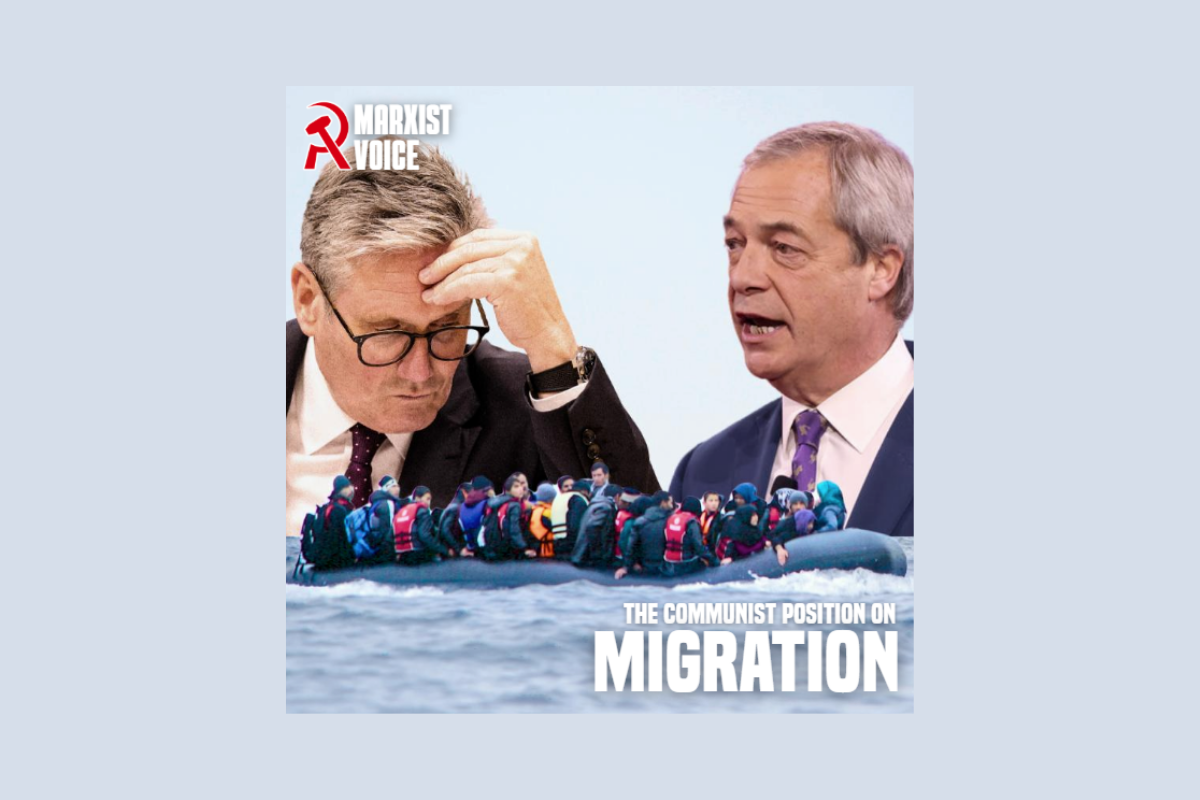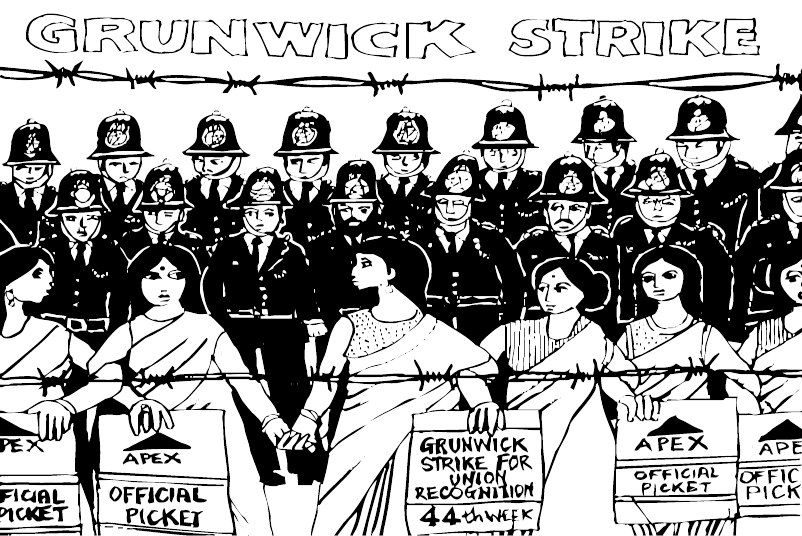A series of recent incidents have once again brought attention to the serious problem of racism in football stadiums. Fans must organise to take back control of their clubs and boot out racism.
UEFA, the administrative body for European football, has belatedly opened disciplinary proceedings against the Montenegro football association. This follows a torrent of racist abuse by Montenegrin fans towards England players in the game between the two national teams last month.
Such abhorrent behaviour is regrettably not a one-off occurrence in football today, nor is it in any way isolated to any single country. We must remember that despite some progress being made, English football still has its own incidents of racism, as we have seen all too often recently.
Over the last few weeks, more and more players have demanded real action against this problem, with England and Spurs defender Danny Rose’s comments about being sick of football just the most heartfelt of these. Some players are now also asking why the players’ union, the PFA, has been so slow to act.
A little more action please
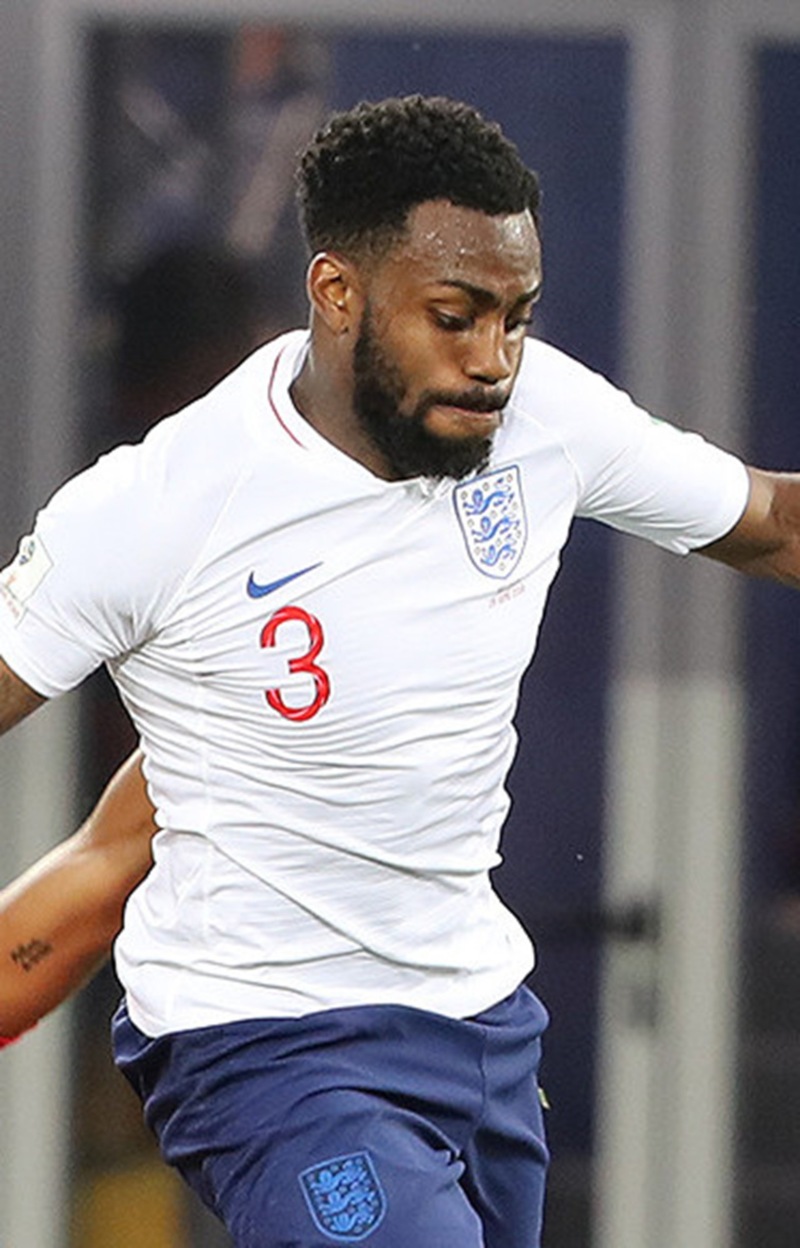 Since the recent England game, we have seen a black footballer playing in the Italian league being told that he was “50% to blame” for “encouraging” the abuse from the terraces.
Since the recent England game, we have seen a black footballer playing in the Italian league being told that he was “50% to blame” for “encouraging” the abuse from the terraces.
Other players have said that they have been afraid to speak out up to now as it might damage their careers. At least three serious incidents have also been reported at English Football League games just over the last week – reflecting the serious problem that still exists throughout all levels of football.
The lack of any real action over all this reflects the fact that the professional game – especially the Premier League – is selling a product, with TV and the sports clothing manufacturers as the main voices in all this. They hold the purse strings and want a TV-friendly product. No wonder then that the media did “not hear” the racist abuse at the Montenegro game.
The threat some players are now making to walk off the pitch if further racist incidents occur shows the reality of the situation. Some of the younger managers have backed this option, but a number of the older dinosaurs in the game have said nothing.
Complacency
Racism has been a decades old problem in Britain. It is tellingly a scarcely known fact that the world’s first ever black professional footballer was a man named Arthur Wharton. Despite his sporting prowess, he was never fully accepted due to his skin colour and died a forgotten man.
Fast-forward to the 1980’s and Paul Canoville becomes the first black footballer to play for Chelsea, after which the National Front held a meeting in a local pub to discuss “the outrage”.
Indeed football in the 70s and 80’s in the UK became synonymous with racism and ‘hooligan culture’. Interestingly, this was also the period when fanzines and supporters organisations started to appear, to try and give supporters a real voice, coinciding as it did with the return of capitalist crisis, mass youth unemployment and low-paid dead-end jobs.
The terraces provided a certain anonymity, where people, packed together like sheep in huge groups, could safely shout the vilest abuse imaginable with no comeback. The introduction of all-seater stadiums and de facto all-ticket games within the Premier League has meant that racist chanting etc. has declined sharply, as offenders can be quickly identified through CCTV and the ticket sales database. As a result, recent incidents at the Arsenal and Chelsea grounds led to quick arrests. However, it is clear that a certain complacency has now overtaken football at every level.
In particular, it is clear that European football at a club and national level still has a serious racist and hooligan problem. Players and supporters are right to ask what, if anything, is being done? Silly fines and ground closures for a game or two are having little effect. The racist rhetoric being spouted by the governments of some of these countries has also been a factor.
Organise to give racism the boot
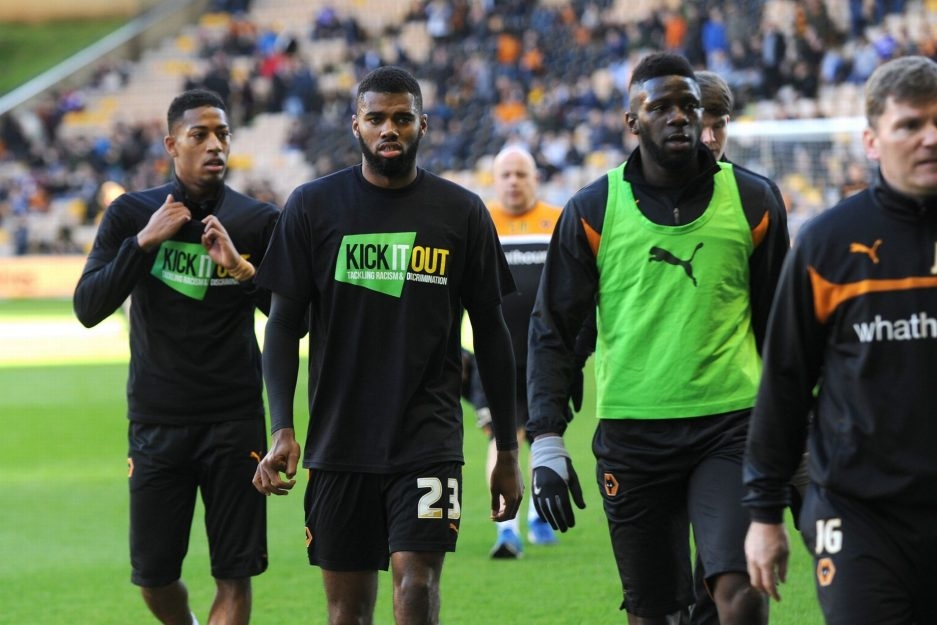 There is not too enormous a leap between many of the issues faced within the game to those faced by society as whole. For instance, football fans in the UK have seen a sharp rise in the cost of ticket prices. Despite the hundreds of millions of pounds generated by the modern game, through television rights, advertising and sponsorship deals, fans are routinely priced out of watching their teams.
There is not too enormous a leap between many of the issues faced within the game to those faced by society as whole. For instance, football fans in the UK have seen a sharp rise in the cost of ticket prices. Despite the hundreds of millions of pounds generated by the modern game, through television rights, advertising and sponsorship deals, fans are routinely priced out of watching their teams.
According to the Guardian, in 1990 — before the ‘privatised’ Premier League — the cheapest ticket to watch Manchester United cost £3.50. With the Bank of England saying that inflation stands at 77.1% since that year, that should mean that the same ticket should now only cost around £6.20 in today’s money. Yet the cheapest ticket available at Old Trafford in the 2017/18 season was £31 — around a 700% increase.
At football grounds where racist groups try and operate, bans on racist and fascist literature must be vehemently enforced. Known fascists and racist chanters should be banned from grounds. And football clubs should be pressured into educating their fans on the nature and effects of racism for individuals and society. Racists working within clubs must be exposed.
As such, fans must once again get organised to resist racism, support the players, and demand a real voice in the game. Racist and fascist scum do not represent us.
For football to return to being a sport enjoyed by ordinary people in their hundreds and thousands, and not a business or money-laundering enterprise for wealthy capitalists, it needs to be owned, controlled and run by the fans, players and the local community. This would reconnect fans with the clubs and expose the racist elements for what they are.

